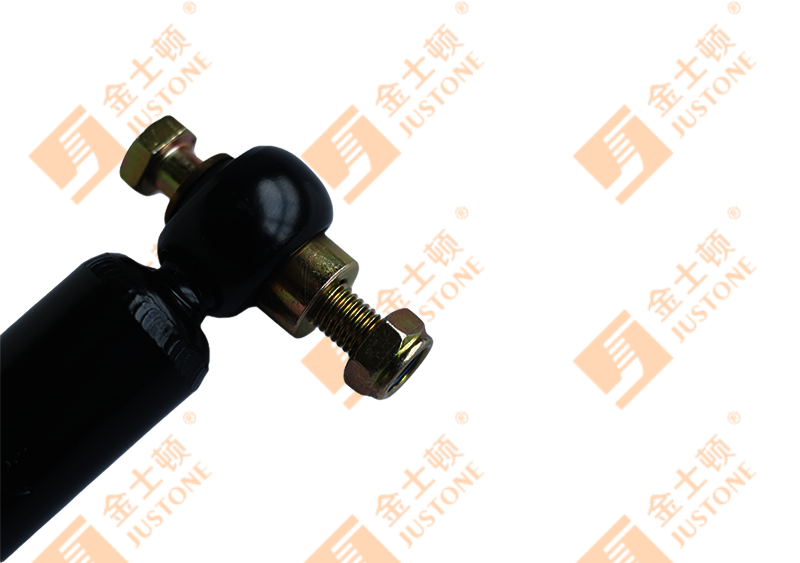Didn't find a product that suits you?
Contact us for the latest news.
Several factors influence the selection of suitable trailer dampers, ensuring optimal performance and safety. Here are the key considerations:
Load Capacity:Weight of the Trailer: The damper must be rated to handle the specific weight of the trailer and its load. Overloading a damper can lead to failure or inadequate performance.Type of Trailers:Trailer Design: Different types of trailers (e.g., flatbeds, enclosed, car haulers) may require specific dampers based on their intended use and structural design.
Terrain and Usage Conditions:Road Conditions: The type of terrain (smooth, rough, off-road) will influence the choice of damper. For rough terrains, more robust dampers may be necessary to absorb greater shocks.Damping Characteristics:Performance Requirements: The desired damping characteristics, such as stiffness and responsiveness, should match the trailer's operational needs. Some applications may require softer damping for comfort, while others may need firmer damping for stability.

Installation Compatibility:Mounting Points: The design and size of the damper must be compatible with the trailer’s mounting points. Proper fit ensures effective operation and safety.Environmental Conditions:Exposure to Elements: If the trailer will be used in harsh environments (e.g., extreme temperatures, moisture), selecting dampers with corrosion resistance or appropriate seals is essential.
Regulatory Standards:Compliance: Certain industries may have regulations or standards that specify requirements for trailer dampers, influencing the selection process.Cost and Budget:Price Considerations: The budget for trailer dampers can vary widely. It’s important to balance cost with quality and performance to ensure reliability.
Brand and Manufacturer Reputation:Quality Assurance: Choosing dampers from reputable manufacturers can provide assurance of quality, performance, and warranty support.
Selecting suitable trailer dampers involves careful consideration of load capacity, trailer type, usage conditions, damping characteristics, installation compatibility, environmental factors, regulatory standards, cost, and brand reputation. Addressing these factors will help ensure optimal performance and safety for the trailer in various conditions.